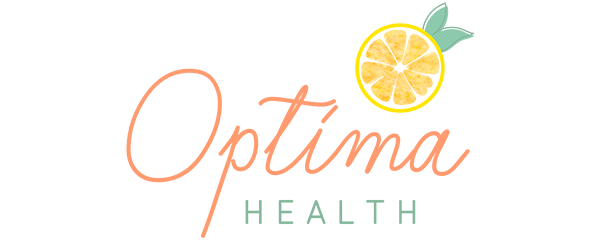With a rise in dairy intolerances and allergies as well as increased awareness around environment and ethics, many people are opting to follow a dairy-free diet or perhaps one with lower dairy consumption. Whilst this certainly is beneficial for some, it is always best to contact a nutritionist or another trusted health practitioner before heading down this route as bone health can potentially become comprised.
Dairy or non-dairy, adults require 1100mg calcium daily. This equates to around 1 thick slice (40g) of cheddar cheese, 1 tub of yoghurt and 1 glass of cows milk. However, still many Australians are not meeting the mark.
Calcium is perhaps best known for its role in bone health, specifically in keeping the strength and structure of our skeleton and preventing fractures. Around 99% of the body’s calcium stores are found with the bones & teeth and low intakes of the mineral are associated with osteoporosis, a condition of low bone density. Whilst calcium is important for our bones, it also plays a vital role in muscle contraction and nerve function, efficient blood clotting, enzyme regulation and hormone secretion.

So, here’s the cold hard facts…
Fortified rice or soy milk
How much: 1 cup provides 300mg calcium.
Rice and soy milk make for great alternatives for people who are lactose intolerant or avoid dairy for other reasons. Be sure to choose a brand that is fortified and unsweetened were necessary. Read your labels folks!
Sardines and salmon (canned with bones)
How much: 100g provides 300mg calcium.
This is a cheap and highly nutritious way to get your calcium in. Fun fact; it is actually the little bones in the fish that hold the calcium! Luckily, during the canning process, the bones are softened and thus, are easy to eat.
Sardines on toast, a summery salmon salad, salmon cakes, straight out of the can…get creative, the world is your oyster!
Dried figs
How much: 5 dried figs provides 200mg calcium.
Dried figs are also good for digestive health and can help relieve constipation.
2-3 dates provides approximately 23g sugar whilst 2-3 dried figs provide around 13g sugar, thus they make for a better choice for those who have sensitive blood sugar levels. When compared with dates, dried figs are higher in fibre, higher in many important minerals, lower in calories and if you’re oestrogen dominant, figs can help this too.
Amaranth
How much: 100g provides 150mg calcium.
A gluten free grain, amaranth has gained in popularity in recent time. When compared to white rice, amaranth is higher in fibre, higher in many important minerals and also provides for a good source of protein.
Broccoli
How much: 1 cup cooked provides 70mg calcium.
A cruciferous vegetable, broccoli serves the body many beneficial purposes. High in fibre, broccoli is also high in vitamins K, an important nutrient in the formation of the bone protein, osteocalcin. Vitamin K has been linked to bone strength, making broccoli an ideal food source in preventing osteoporosis and
Almonds
How much: ¼ cup or 1 tablespoon of paste provides 70 mg calcium.
Full of heart-healthy monounsaturated fats, fibre and protein, these little nutritional powerhouses will help you feeling fuller for longer, help lower bad cholesterol and exert antioxidant action to help protect against heart disease.
Enjoy sprinkled on your porridge and smoothies, as a snack accompanying your favourite fruit or as a nut butter to dip in your veggie sticks.
Green leafy vegetables (e.g. kale, silverbeet, bok choy, cabbage and spinach)
How much: 1 cup cooked provides 180mg calcium.
Cook lightly as cooking reduces their precious nutrient profile. Dress greens with olive oil to aid absorption. An added bonus is that, like broccoli, green leafy vegetables are also decent sources of Vitamin K, another key component to optimal bone health.
Tahini
How much: 2 tablespoons provides 130mg calcium.
Tahini is a spread made predominately from sesame seeds. It is a key component of hummus and also can be used in baking, as a base for dressings or simply drizzled on your salad or roasted veg as a flavour or nutrient booster.
Top Tip: If possible, try and pair your calcium sources with foods rich in Vitamin D, an essential nutrient required for efficient calcium absorption.
These include:
- Salmon
- Sardines
- Mackerel
- Fortified soy milk
- Cheese
- Eggs
Many of these overlap with the above calcium sources, so you don’t need to think twice!
While you’re here, you may also be interested in this article: The Foundation Series – Calcium: The 411
Have something to say?
Comment below and feel free to share on all your platforms. As always, I would love to know your biggest takeaway from this article – Tag us on Instagram @optima_health or #optimahealth. Thanks for reading x
Sources:
https://www.nrv.gov.au/nutrients/calcium
Kouris, A. (2012). Food Source of Nutrients: A Ready Reckoner of Macronutrients, Micronutrients and Phytonutrients, Sydney: Elsevier.
